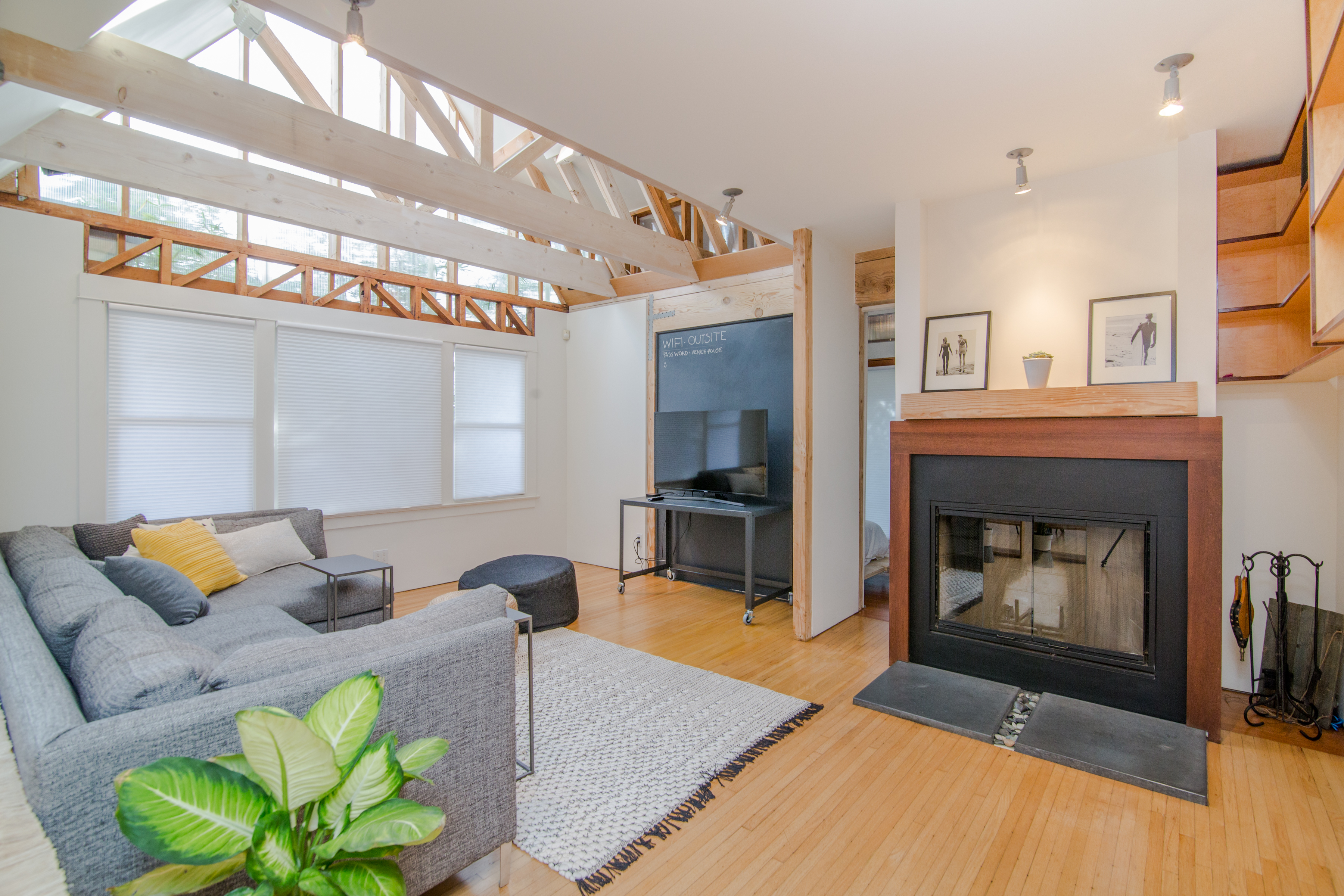Is this a hostel or is not it? It certainly looks like it on the windowless corridors. Near a communal toilet, a man in a white bathrobe and flip-flops talks to another resident. In front of the rooms around them is “Miami” and “Rio de Janeiro” on the floor mats. Add black painted walls and colorful graffiti drawings.
On the fourth and fifth floors in Potsdamer Straße 182 in Berlin-Schöneberg, tourists, globetrotters and digital nomads meet. Operator is the Startup Rent24. And that does a lot, not to be understood as a better hostel. The “members” should have it as comfortable as possible according to the will of the company. Wooden floors are laid in the rooms, thick mattresses and fluffy sheepskins on the beds, framed graphics and green plants.
Between box spring bed and desk
For Rent24, design is part of the concept. This concept is called Coliving. People – often from the digital industry – live together under one roof for a while. In times when housing in large cities is scarce and expensive, Coliving seems to solve a real problem. However, experts complain that the physical proximity between place of life and workplace can promote the so-called work-life blending, ie the mixing of work and private life. The possible consequence: stress.
The conditions for this are also given at Rent24. Because here not only is sleeping, but also worked. On each side of the two floors, the startup operates a co-working space with desks and meeting rooms. The basic idea: those who work in the immediate vicinity of their place of residence will save themselves the commute time. In addition, the assumption behind it is that many young people no longer bind themselves to a fixed place of residence, but much rather see the world and want to make money on the side. You spend half a year in Berlin, two in Hamburg, then maybe go to Bangkok.
In the open-plan office on Potsdamer Strasse 182, young people are busy typing on macbooks. Popcorn is free, beer from the afternoon too. Robert Bukvic is the boss of the house – he founded Rent24 just over three years ago. In order to visit possible new real estates and thread deals, he is traveling a lot. So also to talk with founder scene. From Spain, he switches over by phone to his Schöneberg sharing house. “In the past, companies themselves built or bought real estate and then managed it,” he says confidently, “today, young companies and established companies use coworking offers.”
If it goes to Bukvic, that should now also apply to housing. For him Coliving is an alternative to rent and hotel. She decides how long a resident will stay in the space. She does not have to worry about WLAN, broadcasting or negative Schufa entries. The cleaning also takes over a service provider.
Life in the bubble?
Connecting people with each other is part of the Coliving business model. But it is to be feared that the inhabitants stay mostly under themselves. This is ensured in the immediate vicinity of the Schöneberg campus also the Rent24-own cafes and snacks. Community and event managers organize yoga lessons or shared dinners. Theoretically nobody would have to move more than 50 meters from his room. Through such structures Coliving “cement” social bubbles, wrote the Frankfurter Allgemeine Zeitung in the middle of last year.
How much community feeling can arise in 130 beds in 51 rooms, is generally left undecided. For comparison, the Coliving startup Medici Living in Berlin has 800 rooms spread over the city, the smaller competitor Projects more than 130. Both providers do not want to establish an explicit occupational relevance in their areas, instead focus only on the community factor. In both cases, the minimum rental period is three months, interested parties must apply to the room. At Rent24, on the other hand, individual nights can be booked, for example via Booking.com. The average Rent24 Coliving resident stays three months, according to a spokeswoman. The Medici Living brand Quarters is eleven months, according to a spokesman.

